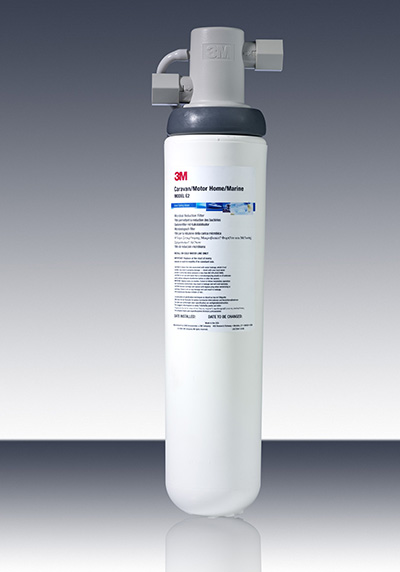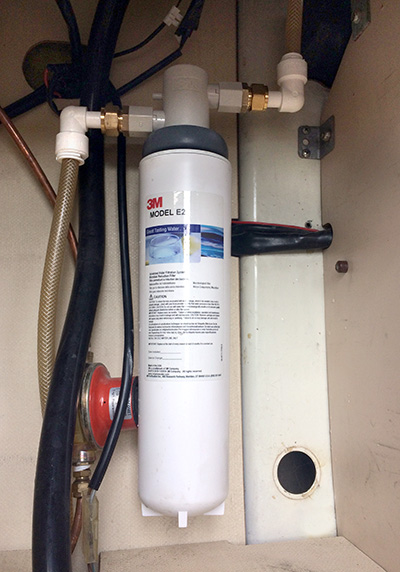https://www.amazon.co.uk/gp/product/B00 ... _i=desktop" onclick="window.open(this.href);return false;

Moderators: User administrators, Moderators

Mocki wrote:A couple of things I've learnt in the last 25 years of camper ownership concerning on board water tanks ......
3. Never use baby sterilising fluid or tablets to clean the water tank out , it is not designed for the job and will damage anything metal , like pump impellers and taps . Use Puriclean , it designed for the job and it's cheaper !
Oldiebut goodie wrote:I am sure that my Nature Pure was only around £100 mark also. I always filled up from streams etc when wild camping in Scotland - it stripped the peat colour from the water also! The cost of the replacement cartridges is high though.
That Whale product isn't in any way in the same league as the Nature Pure filtration.
captain Byrne wrote:Won't this be as good? Admittedly you have to change it each year, but still, for £22 it looks ok to me?
https://www.amazon.co.uk/gp/product/B00 ... _i=desktop" onclick="window.open(this.href);return false;
captain Byrne wrote:If I could get a Nature Pure kit for £100 as some of you have then I'd do it. The cheapest I've seen it for is £240.00.


Other baddies lurk in mains tap water - such as those that can cause acanthamoeba keratitis (a painful and sight-threatening condition). Contact lens wearers take note!bigbadbob76 wrote:After our last outing in the van when the water in the tank hadn't been changed before we left and had sat in the sun for a few weeks and tasted of plastic......
I started looking into filtering solutions.
Basically it seems to break down into-
1-Activated carbon filters which improve taste and smell as well as removing trace organic chemicals and chlorine. cheap and easy solution.
2-Carbon + silver filters which also provide an antibacterial action. more expensive but kills the germs. You're paying the extra for the silver content.
The bigger the filter the longer it lasts but the more you pay.
I'm now thinking that using aquaclean tablets (chlorine) as mentioned above to kill any bacteria, followed by a carbon filter to remove the chlorine might be a cost effective way ahead.